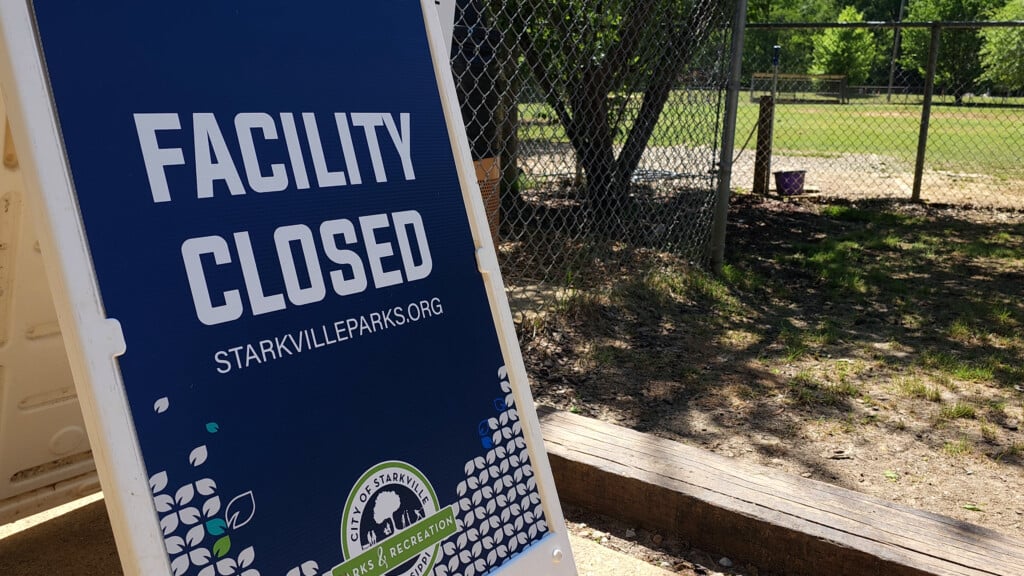MUW Speech and Hearing Center receives LAMP certification
LAMP provides nonverbal, and minimally verbal people with a way to communicate in a way that is accessible to them.
MISSISSIPPI UNIVERSITY FOR WOMEN (WCBI) – To sign up for the LAMP program reach out to MUW’s Speech and Hearing Center.
MUW’s Speech and Hearing Center has received its LAMP certification which aims to help nonverbal, or minimally verbal people communicate.
Janie Cirlot-New, an MUW instructor and clinical supervisor said communication is the key to connecting to the world.
“Communication is what really connects us to the world,” Cirlot-New said. “To communicate is one of the most important things that we can do as humans.”
LAMP stands for language acquisition through motor planning.
It is a way of communicating that uses a language assistance device.
It works using pictures and words on a touch screen which can be pressed in a sequence to form sentences.
Lindsie Moseley, an MUW graduate student clinician said many people take the ability to speak for granted.
“This is that person’s voice,” Moseley said. “Me and you are able to sit here and talk. And we take that for granted because I’m not really thinking about it. And I feel like giving these people a chance to do what we’re doing, even though it’s a different modality, has been the coolest experience. Because it’s opened my eyes to how there are more people that aren’t like me out in this world who need these devices and need this vocabulary.”
Lynn McConnell, an MUW instructor and clinical supervisor said Lamp empowers people.
“It gives them the power to control their environment,” McConnell said. “It gives them the power to make those social connections.”
People may be nonverbal for a variety of reasons from autism or cerebral palsy, to strokes.
But the potential of LAMP is the same for everyone in the program: an exciting opportunity to have their inner voice heard.
Moseley said a moment she will never forget is seeing someone use the word “here” for the first time.
“I had a client say the word ‘here’ for the first time,” Moseley said. “And for that, sounds like just a word, but that was that client’s way of saying, ‘I want you to keep doing this game, or I want you to play that video again.’ And I’ll never forget the excitement of watching her fingers do that sequence. And I mean, I was literally holding my breath waiting for her to get done. And every time after that it got more and more exciting.”
Many people may judge a person’s intellect by their ability to communicate, but reality is not that simple.
McConnell said they operate under the presumption that everyone can communicate.
“We presume that everyone in our clinic has an ability to communicate,” McConnell said. “And we cannot judge their intellect based on their ability to be verbal or nonverbal.”
Moseley said if a nonverbal, or minimally verbal person doesn’t answer, it doesn’t mean they don’t comprehend.
“If they don’t answer you, that does not mean that they didn’t understand or they can’t do that thing,” Moseley said. “That just means that we’ve got to find a way for them to get that out and to let us know.”
A rare benefit of LAMP is that some develop the ability to speak verbally after learning to use the language assistance device.




